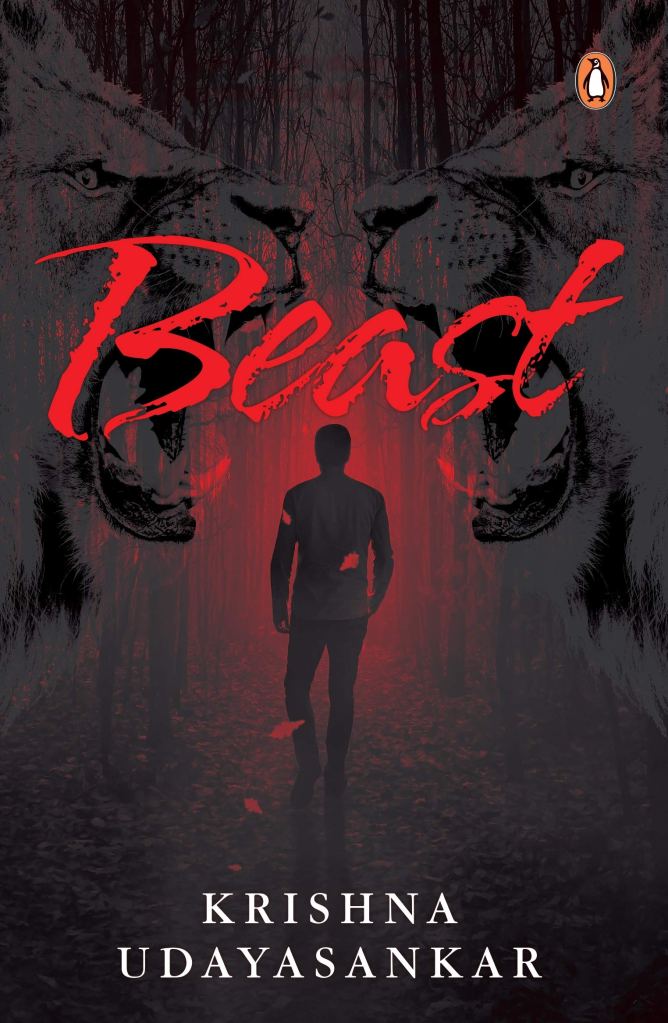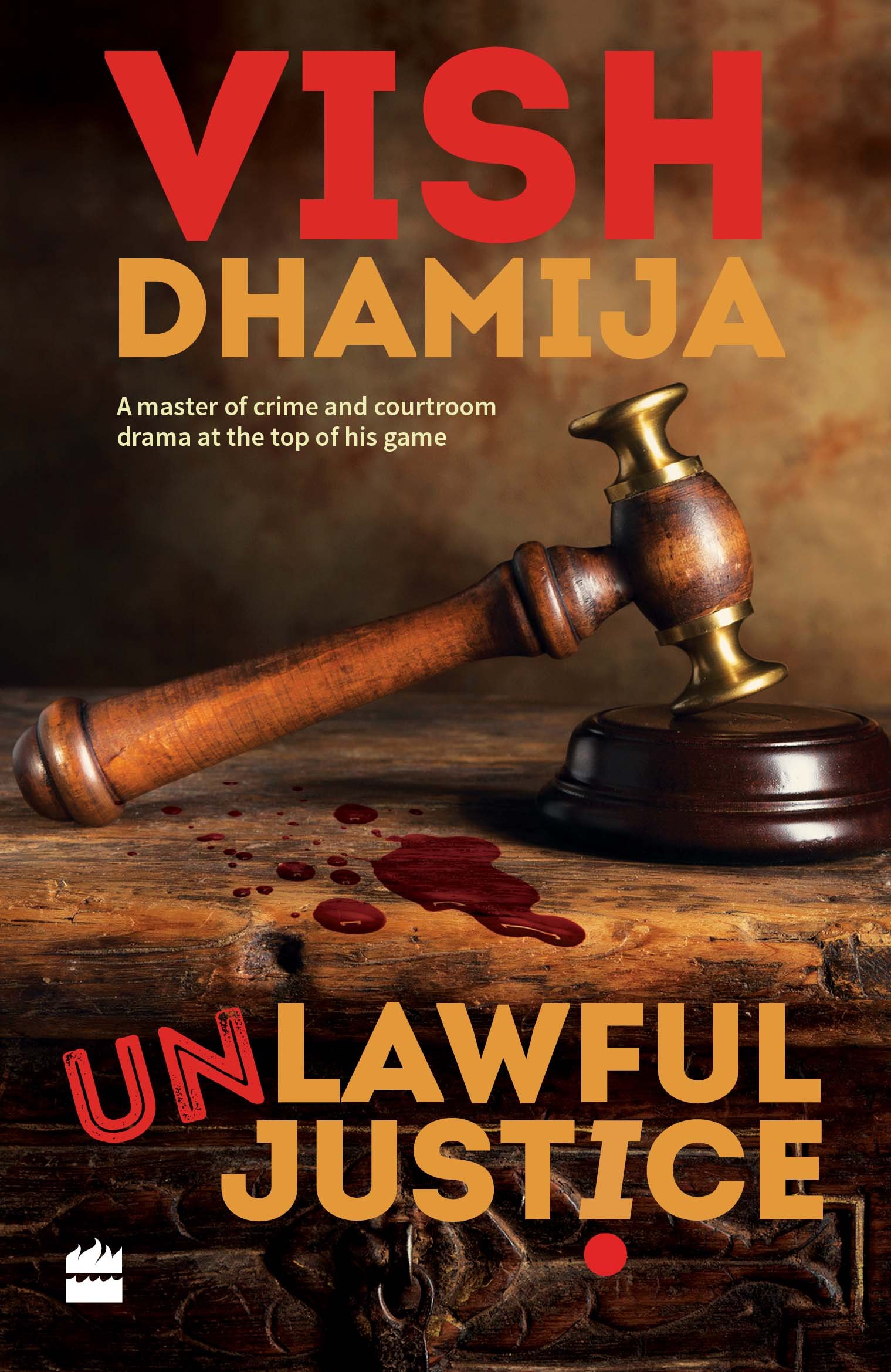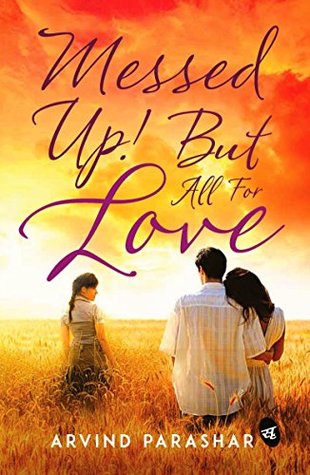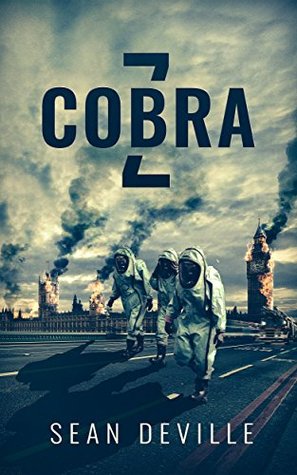
Book: Beast
Author: Krishna Udayasankar
Publisher: Penguin eBury Press
Release: March 2019
Genre: Fiction, Thriller
Rating: 5/5
Buy @ Amazon
I remember watching a Bengali television series called “Nrisingha Rahasya” long back in the early ’90s. It was based on a novel with the same name by famous Bengali writer Shirshendu Mukhopadhyay. I remember being scared of the creature while watching that series. Last month when my best friend suggested me the book, the fantasy thriller “Beast” by Krishna Udayasankar I was not expecting much from it, because after reading hundreds of horror novels and watching so many movies I am not easily satisfied or scared. But the moment I started reading this book I was hooked. I finished it in two days that too while traveling.
The plot thickens in current day Mumbai. ACP Aditi Kashyap teams up the enforcer Prithvi Narasimha to solve a murder case of three drug dealers who were brutally killed by some unknown assailants. The investigation leads them to a warehouse where ACP Aditi witnesses the gruesome murders of some other drug dealers. As Aditi tries to cope with her bewildering experience Prithvi runs after the murderer nonchalantly and vanishes into the night only to return with a strange girl, Chandana. As the story unfolds between the present and the past of Prithvi’s life the author mixes myth of Narasimha and science in the right proportion and it starts to feel almost real. Her explanations are the most logical I have ever read about any mythical creature.
The author also narrated a bold topic in a very sensitive and beautiful way as it should be. The attraction between same-sex is still a taboo in our country and the protagonists often struggle with their own emotions and reality. The story also has love, friendship, pain, death, mistrust, and separation in the right amount. There are some twists in the story too and they are very much unpredictable which made it even more enjoyable.
She also raises some thought-provoking questions through the different characters in her story about the conflicts between our free wills and the rules we follow. Are we truly free? Are there some other species living among us? Is it really so impossible for some mythical creatures to be real? Is Saimha really just a fantasy? This thriller is definitely more than just a fantasy-thriller.
Narasimha, Werelion, Saimha or Beast call them by whichever name you like but they are here to stay and conquer the world of the horror genre of Indian literature.



 Book: Unlawful Justice
Book: Unlawful Justice Book: Messed Up! But All for Love
Book: Messed Up! But All for Love Book: Nights Arose
Book: Nights Arose
 Book: Rafflesia the Banished Princess
Book: Rafflesia the Banished Princess Book: Cobra Z (Necropolis Trilogy Book 1)
Book: Cobra Z (Necropolis Trilogy Book 1)
You must be logged in to post a comment.